Should we ban liquor? How do we deal with alcoholism?
Dr Sipoy Sarveswar teaches Anthropology at University of Hyderabad. He writes on political and cultural issues in South Asia.
In the culture I was raised, alcohol is something which is considered a bad habit, and the consumers are subjected to social ostracization. Like everyone else, I was also made to believe that alcohol is the root cause of all the evils in society. Then I got exposed to different cultures that celebrated drinking, yet did not affiliate ‘social evils’ to it.
This piece is a mere expression of my opinions about the ‘problems’ of alcohol and how different cultures perceive and what might be the reasons for such perceptions. In the wake of continuing liquor ban in Gujarat, a newly imposed ban in Bihar, and the proposed prohibition in Andhra Pradesh, this article tries to shed some light from a different viewpoint.
During my fieldwork in Nepal in Kathmandu valley among the Newars, I was participating in a month-long ‘magh bajan’ celebrations by the villagers. The morning prayer procession goes around the village, and the villagers offer participants with morning snacks. Such as corn soup, sandwich, and popped corn and for the elders, liquor, and cigarettes to keep them warm from the cold breeze in the winter months. I was also offered liquor, as I was also participating in the prayer possessions. I was not sure how the villagers would take me drinking, and there was a short cognitive battle between the culture of the anthropologist and the culture he aimed to study. To my surprise, no one batted an eye, intriguing my interest further to know about their perception of alcohol consumption.

Liquor is served in the feast, and offering liquor is one of the ways in which Newars showed respect to their guests. It is served to both genders; alcohol is considered as part of the food, ideally served along with the meal at dinner time daily. The quality of the liquor determines the grandeur of the feast hosted by the villagers. Alcohol, music, dance, laughter, and good food make a feast wonderful one. A small drop of liquor is also served to the infants who sit in a row to enjoy their meal. Though infants did not have alcohol, the Newari tradition demands that everyone is treated equally. Newars brew and distill various types of liquor from a variety of grains. Booze is one of the main items in almost all rituals. Alcohol is expected to be consumed by the ritual participants signifying the ritual sanctification associated with it.
There are ‘bhattis’ which serve liquor for the people.
Apart from this, every household also has a stock of liquor to offer to guests and for their day to day consumption. It is one of the primary duties of women to prepare and serve liquor for guests. There are tea shops that also sell beer and other liquor products; it is a typical scene in the village that those who come to have tea will end up having a beer in the shop after their day’s work. Though drinking is not considered as bad, or the consumers are not criminalized, those overdoing it is subjected to social humiliation and branded as irresponsible in the society.
Another important aspect worth mentioning about the Newars is that they know how to enjoy their life. With almost two festivities in a month, villagers are completely engaged socially in one way or the other. The overall depression levels are low as they have active social and religious life. The marriages and other public gatherings are absolute social festivities to cherish. And I sincerely believe that there is an interconnection between alcohol consumption and the world view perceived by the people of such societies.
As an anthropologist, I strongly believe that every society had or has its kind of intoxicants either perceived as part of their food habits or consumed during recreation. Every culture has its checks and balances to manage consumption levels and that society runs smoothly. Then how did alcohol come to be known as the root cause of all social evils such as domestic violence, irrational spending habits, laziness, irresponsibility, addiction, ill-health, and so on?
Well, to seek an answer, we need to understand two different but interconnected systems we are experiencing currently — viz., (post) colonialism, and capitalism.

The British who found they could separate liquor from food and license it to a few individuals and make profits out of it had created a system that we still follow. One may also put this to test by researching the perceptions of alcohol in British ruled areas and the non-British ruled areas. In Telugu speaking regions that were not under British rule, it is common for all the family members to have toddy and offer alcohol to sons-in-law as a mark of respect.
Lack of separate liquor shops in the mountain regions of India and Nepal is an indication that they would not even have existed, unless we licensed liquor businesses, making it illegal to brew and distill in the house. This makes sure they are regulated and monitored by the excise department to make profits out of it. Imagine, some aliens happen to conquer the earth and find out that we need to eat three times a day and decided to make a profit out of it. They now create a law that prohibits us from cooking in houses, and only a few individuals are allowed to cook and sell the food? This is also what happened to liquor during British rule, and as we have inherited most of it from the colonial masters, we decided to walk right into their shoes after independence.
When you spend more on drinking, and as it is not freely available at the house, it becomes seductive to the consumers. It plays on the psyche of humans to want it more. There is a recent trend in the middle and above middle-class families in Gujarat to equate drinking to an elevation of their social status. Women also take pride in their husband’s drinking habits to show off to their friends and relatives. In order to counter these behaviors, social reformers and society would have criminalized drinking as a majority of their earnings are spent on liquor.
It is often the policy of the government to do what is easy rather than what is correct. Banning or restricting is easy. Not only just liquor, but porn is also credited with sexual violence on women, and so the government decided to ban porn. Banning is easy rather than educating the citizens to give up voluntarily. Drinking or not drinking should be a personal choice. It is easy for the government to link domestic violence on women, and crime rate in society, to liquor as addressing issues of patriarchy and poverty will have to be addressed structurally. So, banning liquor and criminalizing drinkers is the easiest way to cover up the failures of society and government, without risking public opinion.
The mainstream talks of opinions about banning liquor, and mostly provides economic justifications about how it is not good to ban something in a democratic country. Not only economically, but socially too, it makes the issue individualistic rather than socio-cultural. I conclude this piece by hoping that the readers would see what may be appropriate rather than what is easy, as portrayed by mainstream society as well as the government. A ban or restriction will never work; educating the masses is the only way. Though it may not be easy, it is the most appropriate.
This article was first published on The Watch Forum
Dr. Sipoy Sarveswar is an Assistant Professor (ad hoc) at Department of Anthropology, University of Hyderabad. Views expressed are personal and images in the body belong to the author.
Featured Photo by Matan Segev from Pexels


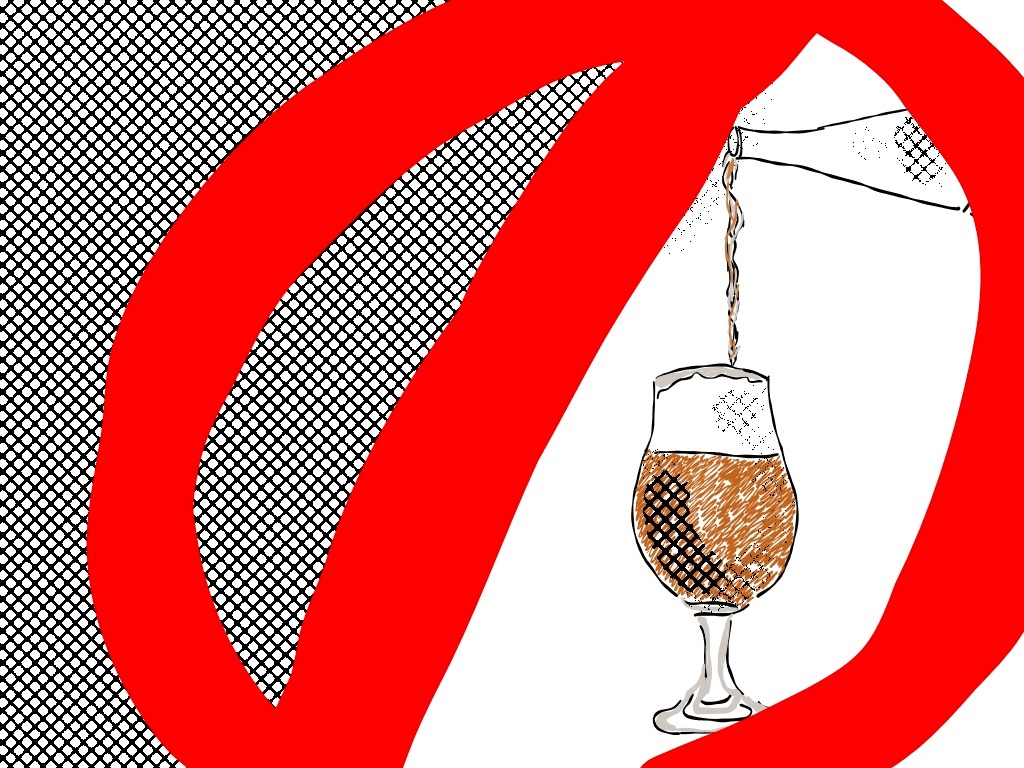

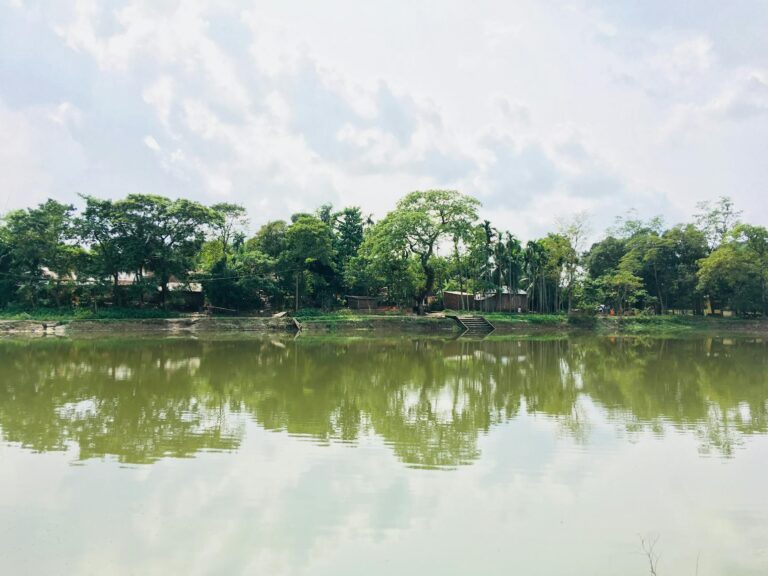
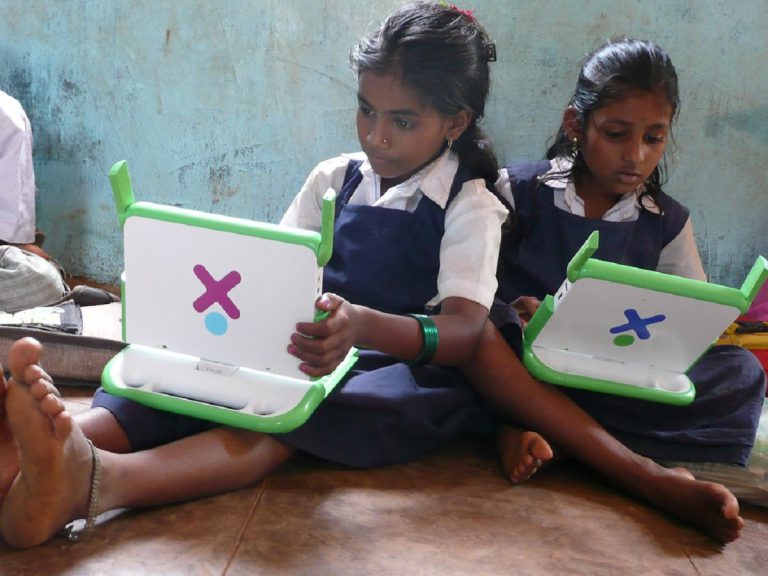
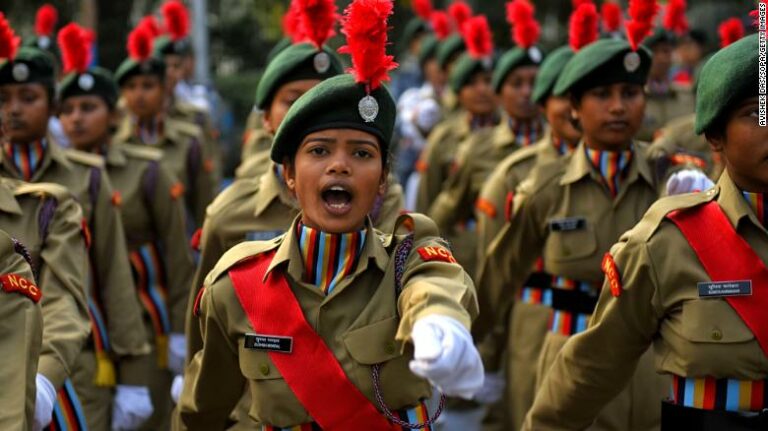
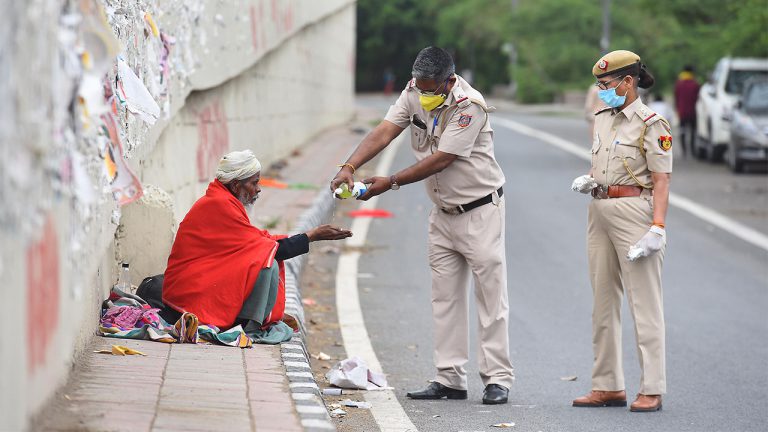
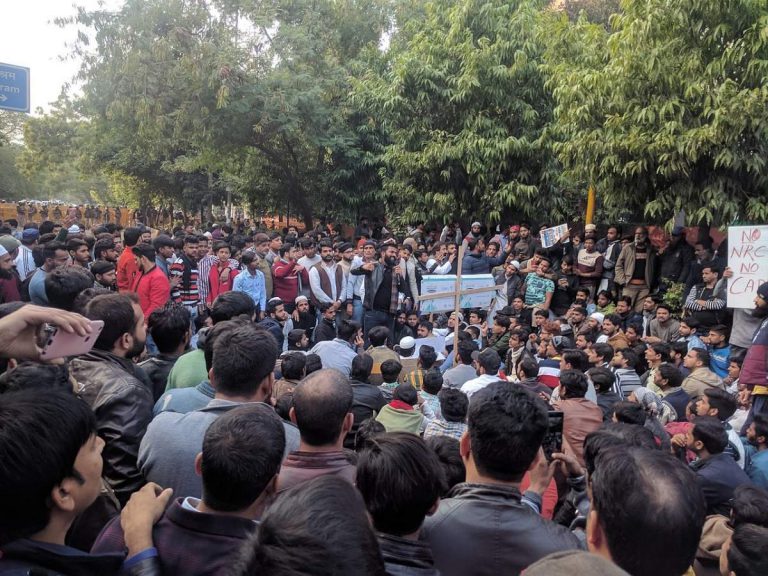
Readers' Reviews (1 reply)